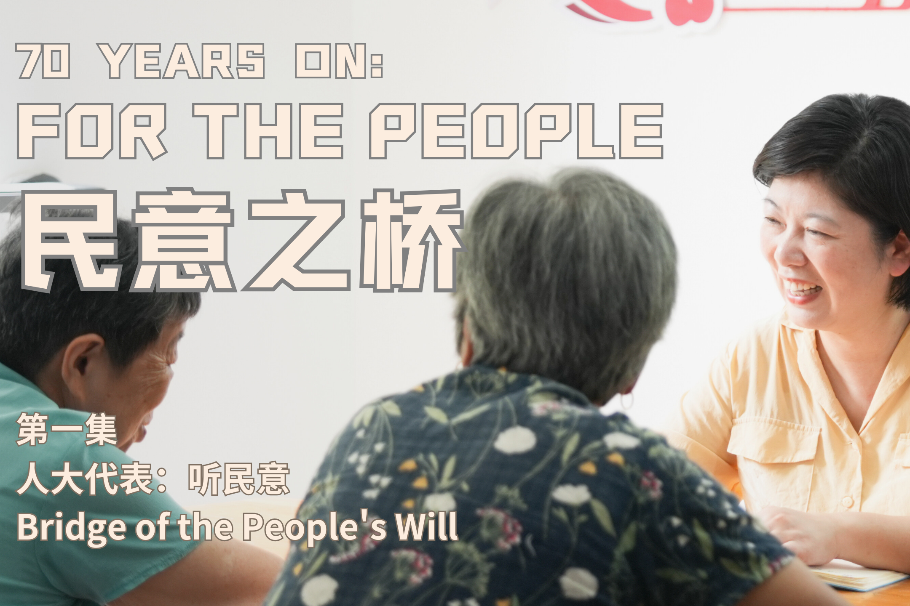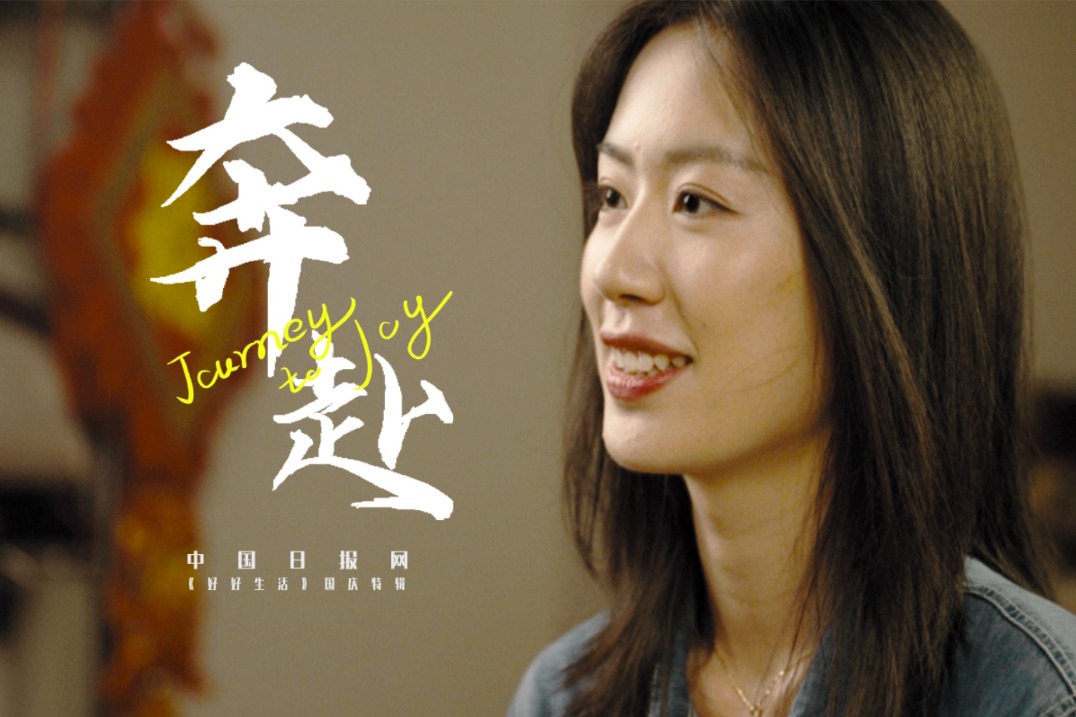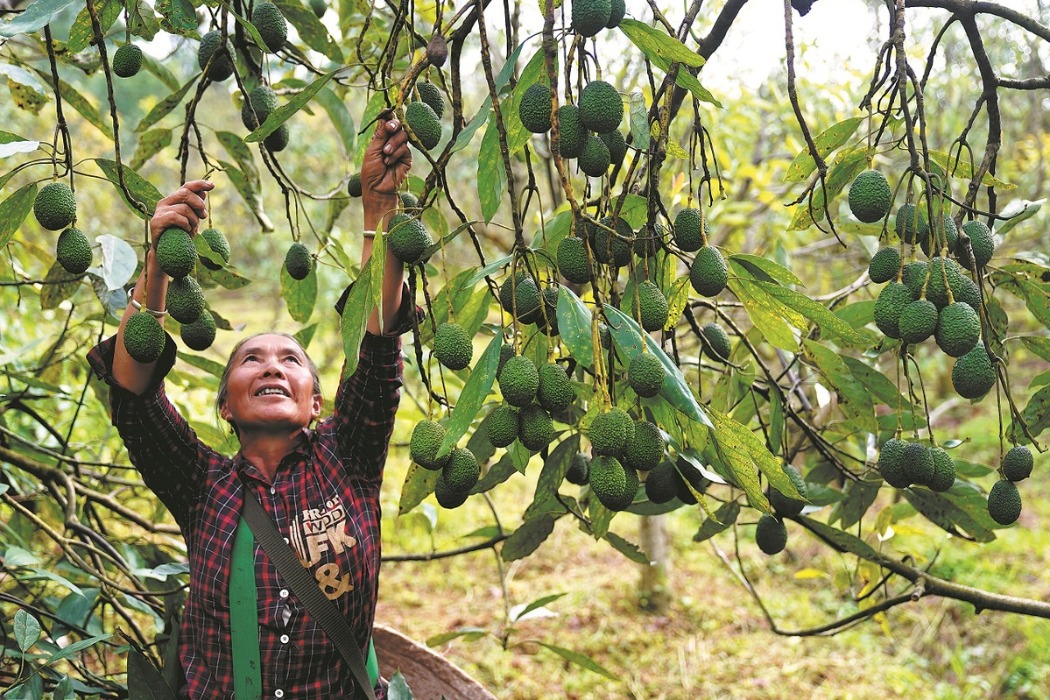Changing Chinatowns
Members of the Chinese diaspora have long traveled across Southeast Asia, establishing distinctive, vibrant enclaves that continue to evolve


Singapore
Singapore's Chinatown was never exclusively Chinese and had small communities of Indian traders. Sri Mariamman Temple, Singapore's oldest Hindu temple, which was founded in 1827, still sits in the heart of Chinatown in South Bridge Road.
The enclave grew rapidly in the 19th and early 20th centuries. In the mid-1960s, the Singaporean government stepped in to tackle overcrowding through urban renewal projects.
Residents were rehomed in resettlement estates, street hawkers were housed in Kreta Ayer Complex — now renamed Chinatown Complex — and shophouses underwent major upgrading.
Another milestone was the remaking of Chinatown, along with other ethnic districts such as Little India and Kampong Glam, into tourist heritage destinations in the 1980s. In many ways, the redevelopment gave these areas, which were in various states of decay, a new lease of life.
But inevitably, the redevelopment wrought changes to how people lived and worked in Chinatown. Better housing options elsewhere also saw most Chinatown residents moving out of shophouses, turning the neighborhood into a largely commercial and tourism-driven area.
Reactions to the redevelopment were not entirely positive, with many lamenting what they saw as overcommercialization and the reduction of heritage to a tourism commodity.
The beauty and vibrancy of Chinatown was that its growth was driven by the people who lived there, said historian Loh Kah Seng. Today, the communal and lived-in character of Chinatown has changed.
"As a tourist area, it'll still be interesting for locals and foreigners to visit. For now, there are still residual areas where seniors gather and meet old friends, and you can see traces of old Chinatown," said Loh, who is the director of research consultancy Chronicles Research and Education.
Other changes have come to Chinatown, with Singapore becoming a notable destination for Chinese nationals to work, live and holiday in.
In the first six months of 2024, Chinese tourists formed the biggest group of visitors to Singapore, with about 1.45 million visitors, according to the Singapore Tourism Board.
Old-time Chinatown business owners and residents have long noted the influx of more Chinese mainland businesses and tourists in Chinatown, with some replacing more intrinsically Singaporean businesses and cultures.
Pek Sin Choon, a 99-year-old Chinese tea business in a shophouse in Mosque Street, has seen its fair share of rapid changes, both in its business environment and physical surroundings.
Its longtime neighbors on either side — Tai Thong Cake Shop, a 73-year-old family-owned Cantonese bakery known for handmade mooncakes, and a coffee shop — are now gone. They are replaced by a Moutai retail store selling the famous Chinese grain spirit of Guizhou province and a restaurant specializing in the cuisine of Sichuan province, both tracing back to Southwest China. The new businesses cater primarily to Chinese visitors.
Tai Thong ceased operations in October 2023, when no one in the third generation took over.
For Kenry Peh, Pek Sin Choon's fourth-generation owner, the influx of Chinese tourists and new businesses is something he has come to terms with, but said that as heritage brands like Tai Thong wind up their business, "we'll be missing a part of history".
In a bid to both preserve and rejuvenate the spirit of the original Chinatown, the authorities are rejigging the tenant mix in the historical conservation area.
Over the next few years, more local and international food and beverage outlets, along with creative lifestyle, retail, co-living and co-working concepts, will come up in a row of 13 shophouses in Smith Street, overseen by the Chinatown Business Association.























